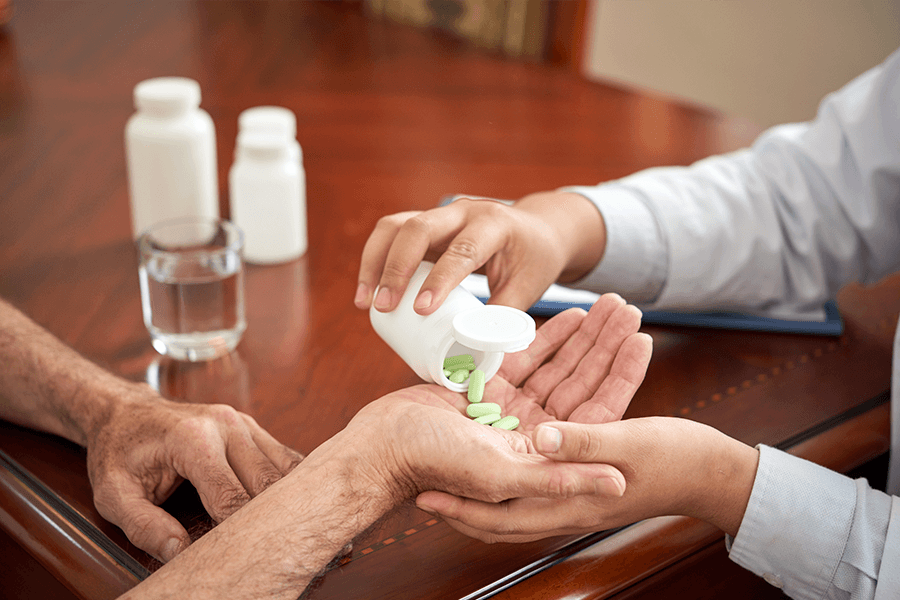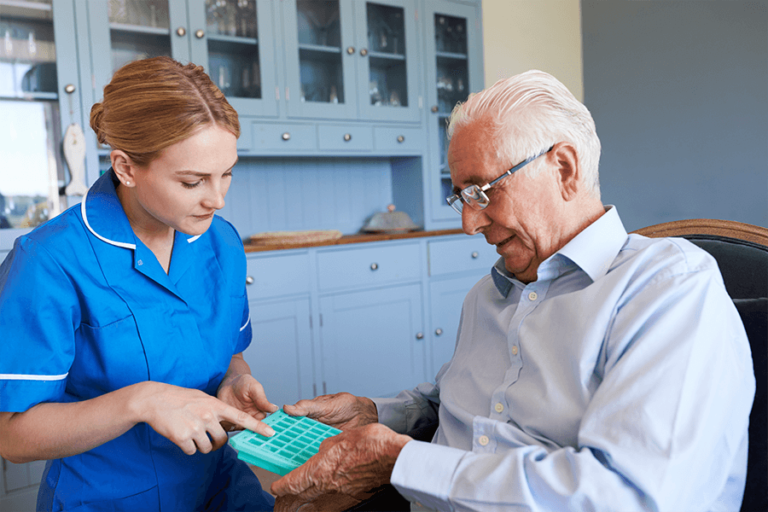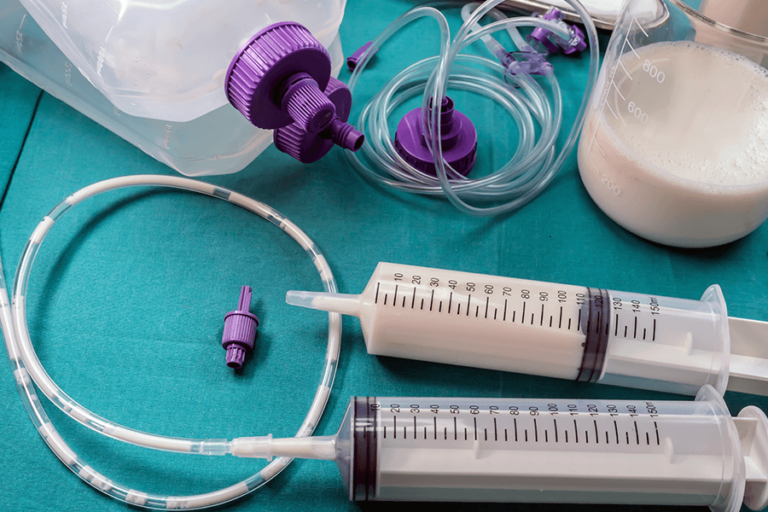Do home health aides know how to give medication?
Can a HHA Administer Medicine?
No, most states do not permit home health aides (HHA) to administer medicine.
Home health aides mostly perform activities that help with daily living activities, including changing, feeding, and light housekeeping. Home health aides may also be responsible for reminding their clients to take their medications.
HHA’s can help put the medication into the hands of the user, but they’re not permitted to administer it. Home health attendants are typically also not permitted to draw blood or administer injections. Only a registered nurse may perform these procedures at patients’ houses.
(Unfortunately, there aren’t enough visiting nurses who are able to make numerous daily visits to patients.)
In order to be able to provide medication reminders, home health aides must have some training and supervision by a registered nurse (RN) or licensed vocational nurse (LVN).
Many states legally clarify that home health aides can provide medication reminders, but cannot give medications. As a result, most home health aides are not allowed to administer medications.
But, there’s a catch!
Administering medication by a home health aide is a “permitted delegation” in more than half of the states. The work of home healthcare specialists is rather broad, giving plenty of room for interpretation.
What is a permitted delegation?
When we think of delegating tasks in the home, most people think of hiring a home health aide to help with basic needs such as bathing, dressing and grooming.
However, there are other tasks that can be delegated to a home health aide with proper training. One such task is administering medication.
It is important to note that not all medications can be administered by a home health aide. Only those medications that are considered “non-hazardous” can be given by someone who is not a nurse.
The home health aide must be licensed and trained to do the task. Training may be formal (courses, programs, certificates) or informal (demonstrated by the licensee or some other qualified individual in the practice setting).
The task is controlled by a licensed professional (i.e. registered nurse or physician) who acknowledges his or her responsibility for the actions of the home health aide, depending on the situation.
For example, in New Jersey “A CHHA shall administer medications only if a registered professional nurse delegates the administration of a specific medication”. See Section 13:37-14.3.
Home Health Aide Helps Patients Take Control of their Medications
If the medication is to be taken orally, the HHA will remind the patient when it is scheduled, bring the medication to the patient, and provide any other equipment needed to prepare and self-administer the medication.
The HHA helps the patient to position themselves for self-administration of their medication. She will open the container or package so that the patient can self-administer and provides appropriate liquids for swallowing medications. The home health aide then stores the medication in the appropriate place, cleans and stores dispose of special medication equipment after use, and washes their hands.
HHA Administering Medicines
A home health aide can give medicine if your state (and employer) allows you to administer medicines to clients.
You must follow these “checks”:
Check Patient
Compare the name on the tag to that of the patient to make sure it’s the same. If it is, ask patient to identify himself/herself.
Check Medicine
When administering medication, it is important to check the medication label to ensure that the correct medication is being given and to verify the dosage.
It is also important to check the Medication Administration Record (MAR) to make sure that the medication has been administered correctly.
Check Dosage
The HHA should verify the medication dosage and then check to make sure this was what was prescribed.
Check Documentation
The home health aide provides written instructions for the patient to take home. These instructions include a list of medications to be taken, dietary restrictions, and wound care. The patient is advised to follow these instructions closely to ensure a successful recovery.
Check Time
When giving medication, always double-check that you are giving the ordered dose at the correct time. Furthermore, confirm when the last dose was given to ensure that no doses were skipped.
Check the Boxes
After administering the ordered medication, document any vital signs and/or lab readings per agency policy.
Assisting the Patient with Medicines
To prepare a dose of medication for a patient, you must first wash your hands. Next, you must read the container label to make sure you are using the correct medication and dose. You should also check the name on the label to make sure it is the same as the patient’s name. Finally, you should check the frequency on the label to make sure you are using the correct dosage schedule.
If anything is incorrect on the prescription, such as the wrong dosage or incorrect medication, contact the supervisor (i.e. nurse on call) for further instructions. Explain to the patient why this is necessary and record any problems with the medication.
Monitoring Symptoms
Whenever the patient experiences a change in condition (such as a fever, chills), always call the staffer supervisor first before taking the patient’s meds. If a patient requires clarification of anything, double check it first before proceeding.
Summary
Helping the patient to take their meds, or helping the patient to take some physical assistance so they can get past simple conditions independently, is a standard task for a home health aide, who are able to do so competently.
As a home health aide is is your responsibility that you know your limits when you can/cannot administer medicines to patients. You need the help of your agency to know what is allowed as each state may have very strict regulations.
Yours, FREE!
What HHA’s CAN and CAN’T Do!
Download this brand new guide on what home health aides can and cannot do. The rules have changed so don’t get caught off guard. Know your limits and the law.








